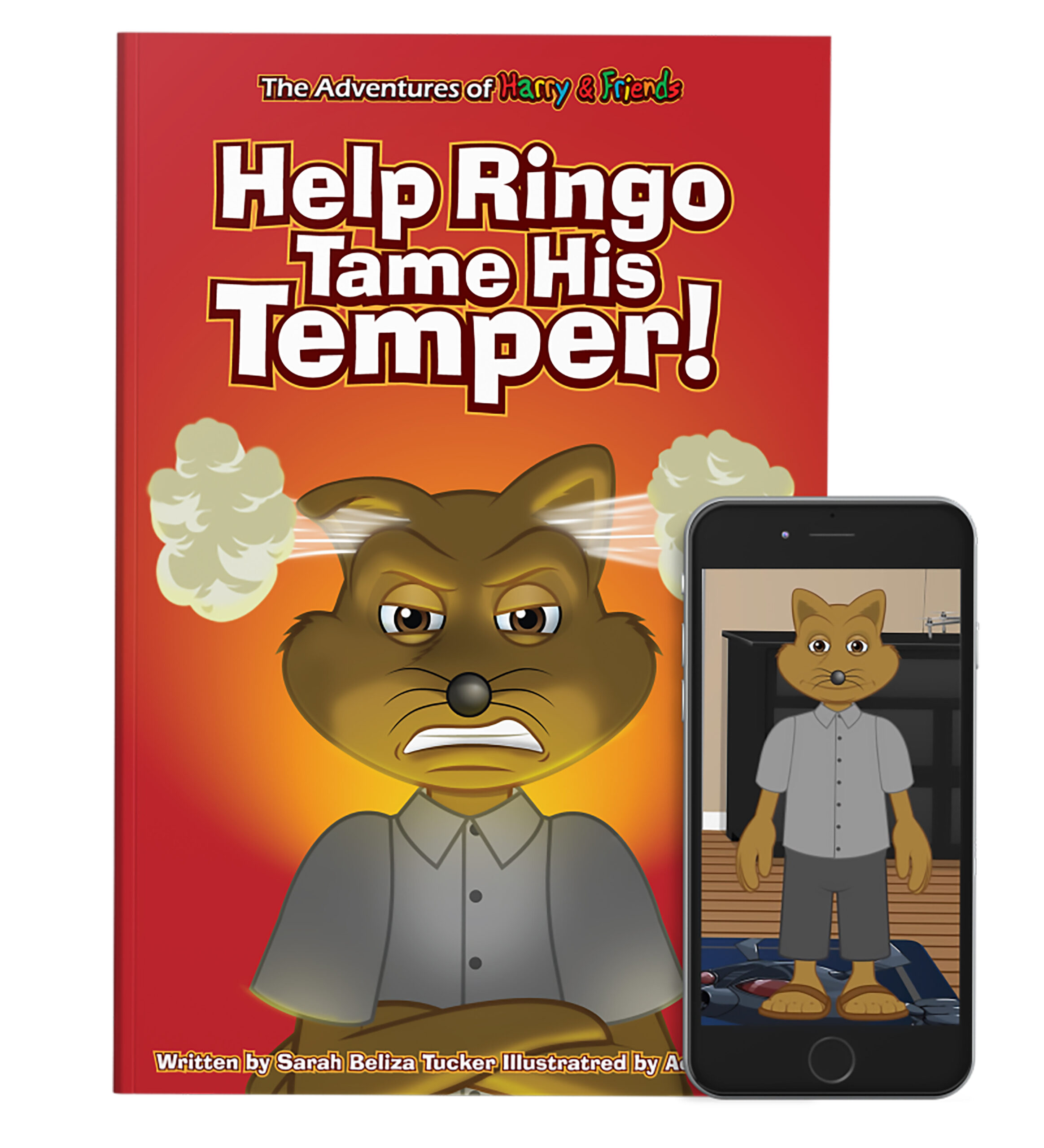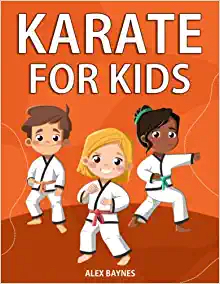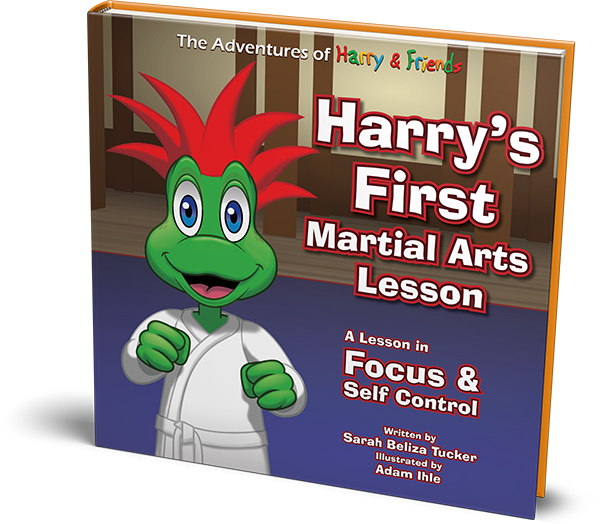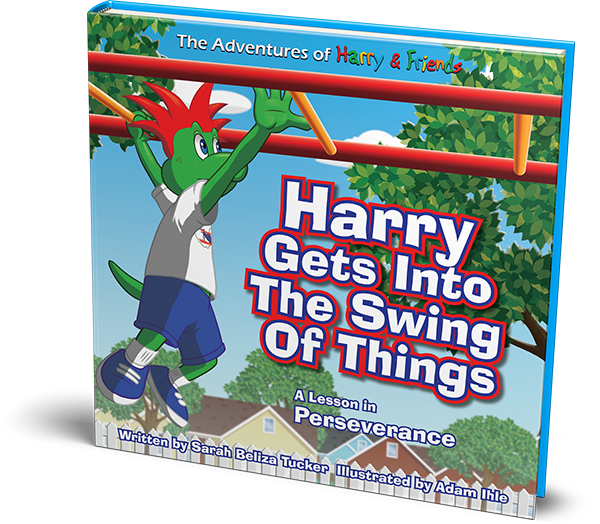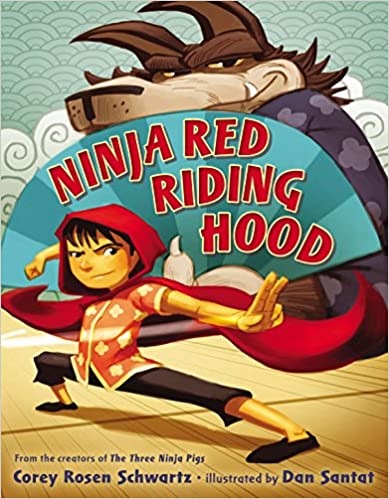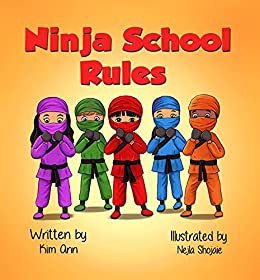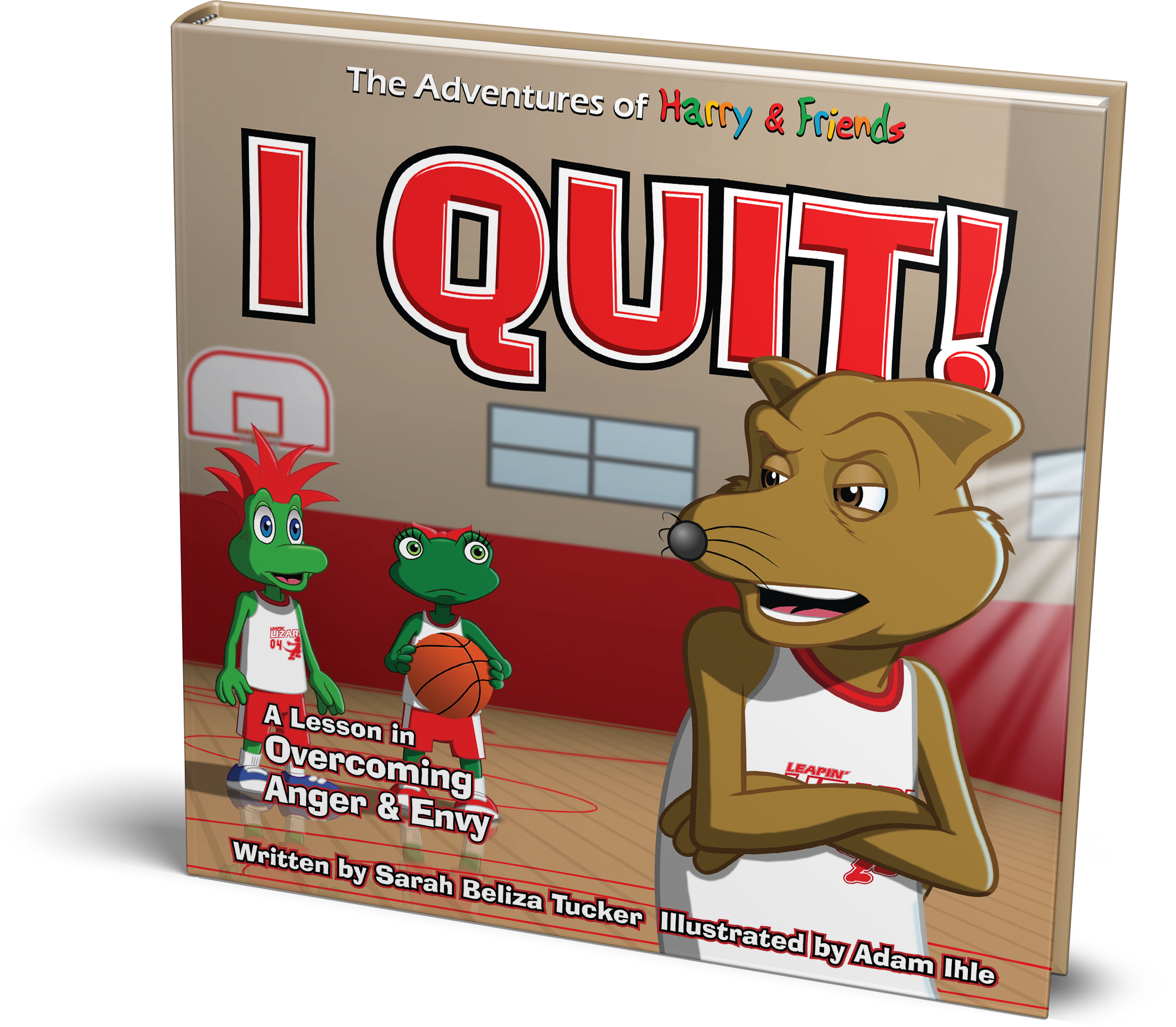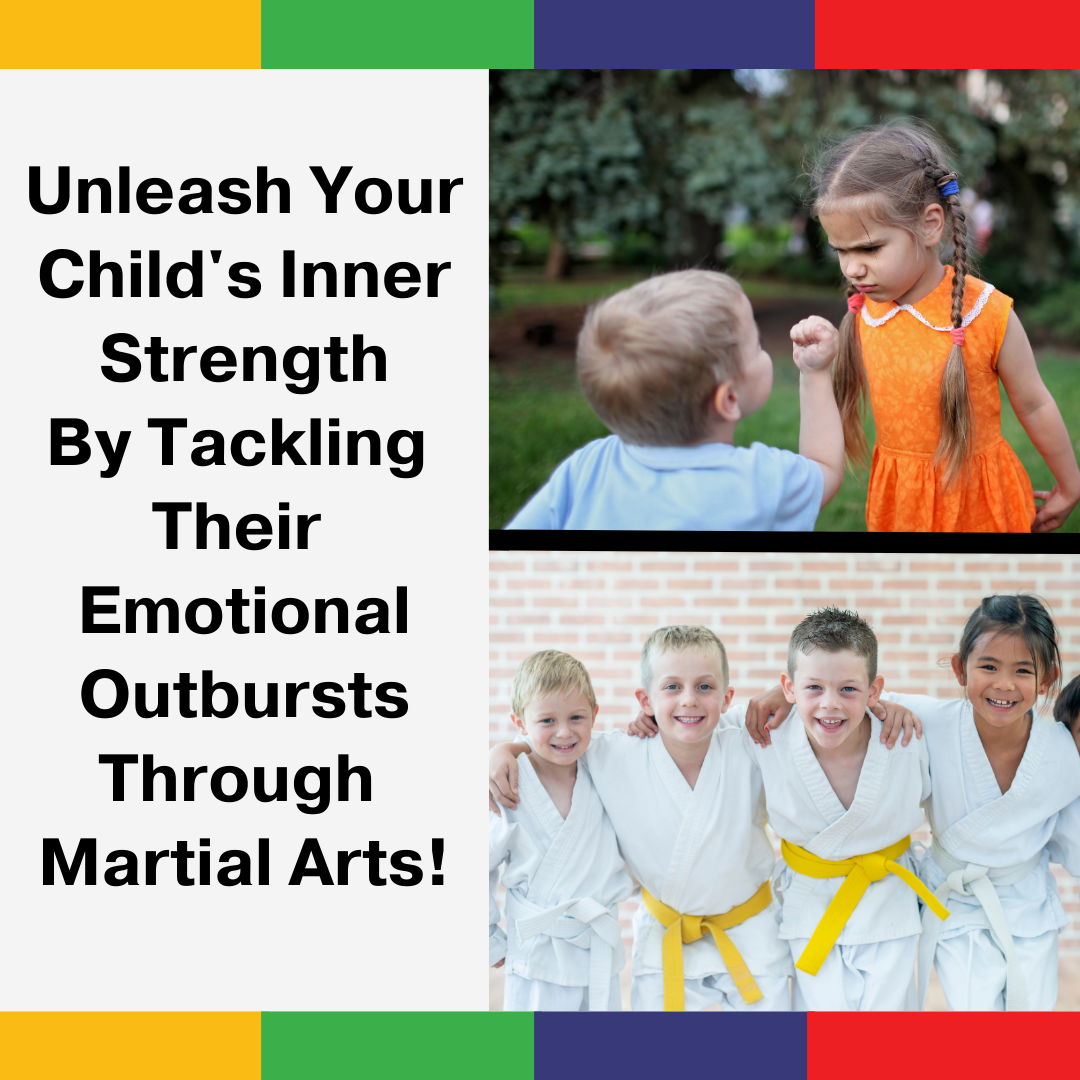
Emotional outbursts can be overwhelming and exhausting for the child and their caretakers, especially in a learning environment. Martial arts is an effective way to help children navigate these intense emotions. It provides a physical outlet to expel energy and teaches techniques of mindfulness and cognitive regulation that can aid in calming the mind and body. Combined with skilled instruction, martial arts can give children the tools to regain control over their emotions and unlock the hidden potential within themselves.
Benefits of Martial Arts for Children with Emotional Outbursts
Martial Arts is an excellent physical outlet for children to express their emotions. It allows them to expel energy productively and safely, allowing them to regain control over their emotions and body. Compared to other sports, martial arts can be tailored to suit a child’s physical and emotional needs, with activities allowing them to confront their feelings as they learn to cope safely.
With the help of skilled instructors, children can understand why they feel what they feel and why it triggers outbursts. Instead of suppressing or ignoring their emotions, martial arts teaches children how to deal with their feelings responsibly by understanding their emotions, acknowledging them without judgment, respecting themselves and others, and learning strategies to manage them best.
Besides providing a healthy outlet for expressing emotion, martial arts also gives children the tools to use anger towards an acceptable target instead of lashing out at people or objects around them. Through the focused practice of techniques like punching bags or pads and instruction on using controlled movements and breath-work, children can channel their anger into something more positive while still getting their emotions out without hurting anyone else.

Martial arts can also be an effective tool in mitigating some symptoms of trauma stemming from specific traumatic experiences, such as bullying or abuse, as well as those brought about by environmental factors like poverty or lack of security. Through exploring self-defense techniques combined with cognitive regulation skills like mindfulness practices and disciplined breath-work, children are given the confidence necessary for peaceful resolution when faced with potential threats in real-life situations and situations within the context of the dojo space itself.
It also helps build emotional intelligence within children, which is essential for fostering healthy relationships outside of the dojo environment since it helps create empathy and encourages self-awareness – two things that are key components in building resilience against future emotional stressors that may arise in adult life – while teaching problem-solving methods through a controlled movement which offers tactile feedback on how specific actions can have certain outcomes whether on or off the training floor.

Martial arts provide emotional stability by allowing kids to exist within a safe space where they can explore complex emotions without fear or judgment while gaining skills necessary for instances when control is needed, most like during times of extreme stress or intense emotion overwhelm – scenarios which cause many kids (and adults alike) negative responses such as shutting down or escalating behaviors that may not be beneficial long term but offer relief short term instead.
Lastly, martial arts help bring about resolution by showing kids how solving problems has everything to do with controlled movements rather than uncontrolled ones – giving them tangible results that show that these ideas aren’t just theories but actual possibilities when applied correctly.
Tips for Parents to Help Their Children Tackle Emotional Outbursts Through Martial Arts
It is key for parents to find a qualified instructor for their children who understands the needs of a child with emotional outbursts and can provide the highest standard of instruction when incorporating mindfulness and cognitive regulation techniques into physical activities. When looking for an instructor, parents should consider looking at their local martial arts center or online forums dedicated to martial arts instruction tailored to dealing with emotional outbursts in children.

Moreover, it might be beneficial if parents look at schools that implement the Character Development program “Black Belt Principles,” which emphasizes improving physical abilities and instilling greater self-control and resilience when it comes to emotional handling. This program teaches students basic principles such as respect, courtesy, honesty, and integrity while learning how to use their martial arts training responsibly and practice mental discipline by emphasizing positive thinking and goal setting.
These principles offer a clearer path for students to take control of their emotions, understand why they feel what they feel, and harness anger toward an acceptable target, providing emotional stability through safe space exploration within the dojo environment. Ultimately connecting movement with meaning helps kids learn how to manage difficult emotions on and off the training floor in a productive manner.
As crucial as finding the right instructor, it is also essential that parents set realistic goals and expectations for their child’s martial arts journey. It takes time to learn these techniques and will require patience from both the parents and the child. Ensure that you provide a supportive environment at home so your child can focus on learning and progress without feeling discouraged or overwhelmed by unrealistic expectations placed upon them during classes or other related activities.

Lastly, it is important to encourage your child to practice mindfulness techniques, such as deep breathing, meditation, etc., before engaging in martial arts classes. These exercises can help them focus on calming their body and mind and provide them with more control while they are in class, allowing them to take advantage of all the techniques being taught instead of becoming overwhelmed with emotions from time to time – which happens especially if feelings have been mostly ignored or suppressed before starting lessons – thus helping them get better results faster and boosting motivation levels, in the long run, encouraging repeat visits and eventual mastery over their emotions through physical expression and understanding.
The Importance of an Experienced Instructor

When looking for a martial arts instructor for children with emotional outbursts, it is important to find an experienced and qualified instructor who understands the needs of these children and can provide the right environment to foster their learning. This means creating a safe, supportive atmosphere that encourages and challenges students without making them feel overwhelmed or humiliating them with anger or humiliation.
It is also critical that instructors understand the unique needs and challenging behavior of these children so they can best help them cope with their emotional outbursts in a healthy manner. By teaching techniques for greater self-control and resilience, martial arts can offer an excellent way for children to learn how to express themselves more constructively rather than simply suppressing their emotions.
As such, martial arts classes should be seen as a method of calming rather than controlling emotions; this will allow students to learn how best to manage their emotions through physical expression and understanding while finding better ways of thinking, feeling, and reacting in different situations.

To get the most out of each child’s martial arts journey, it is essential that instructors know how far they should push each student without traumatizing them in any way – this requires having an understanding of when it is appropriate to calm or challenge each student’s emotions during class as well as having a sense of what techniques may be too intense for specific individuals at certain times.
Before you embark on your journey and commit to enrolling your child in martial arts classes, we recommend that you take some time to look into these books, as they could provide invaluable insight into the world of martial arts and help them decide if this is the right path for them.
